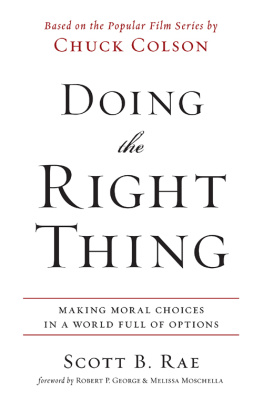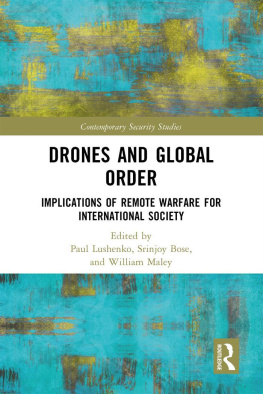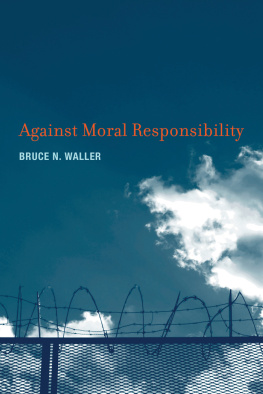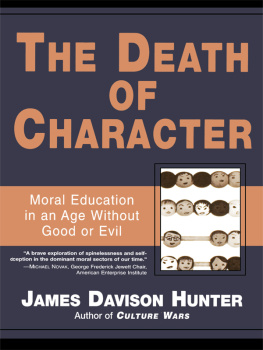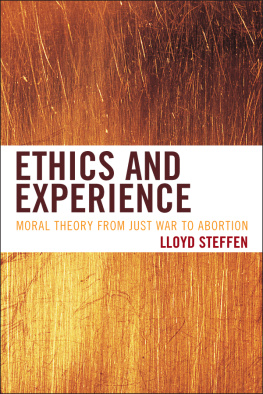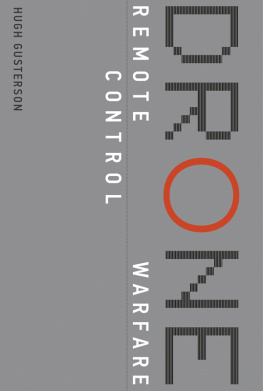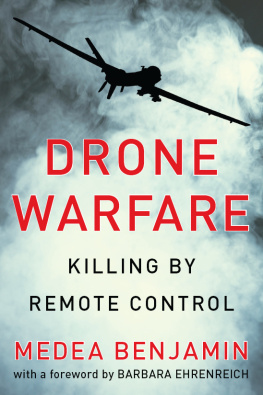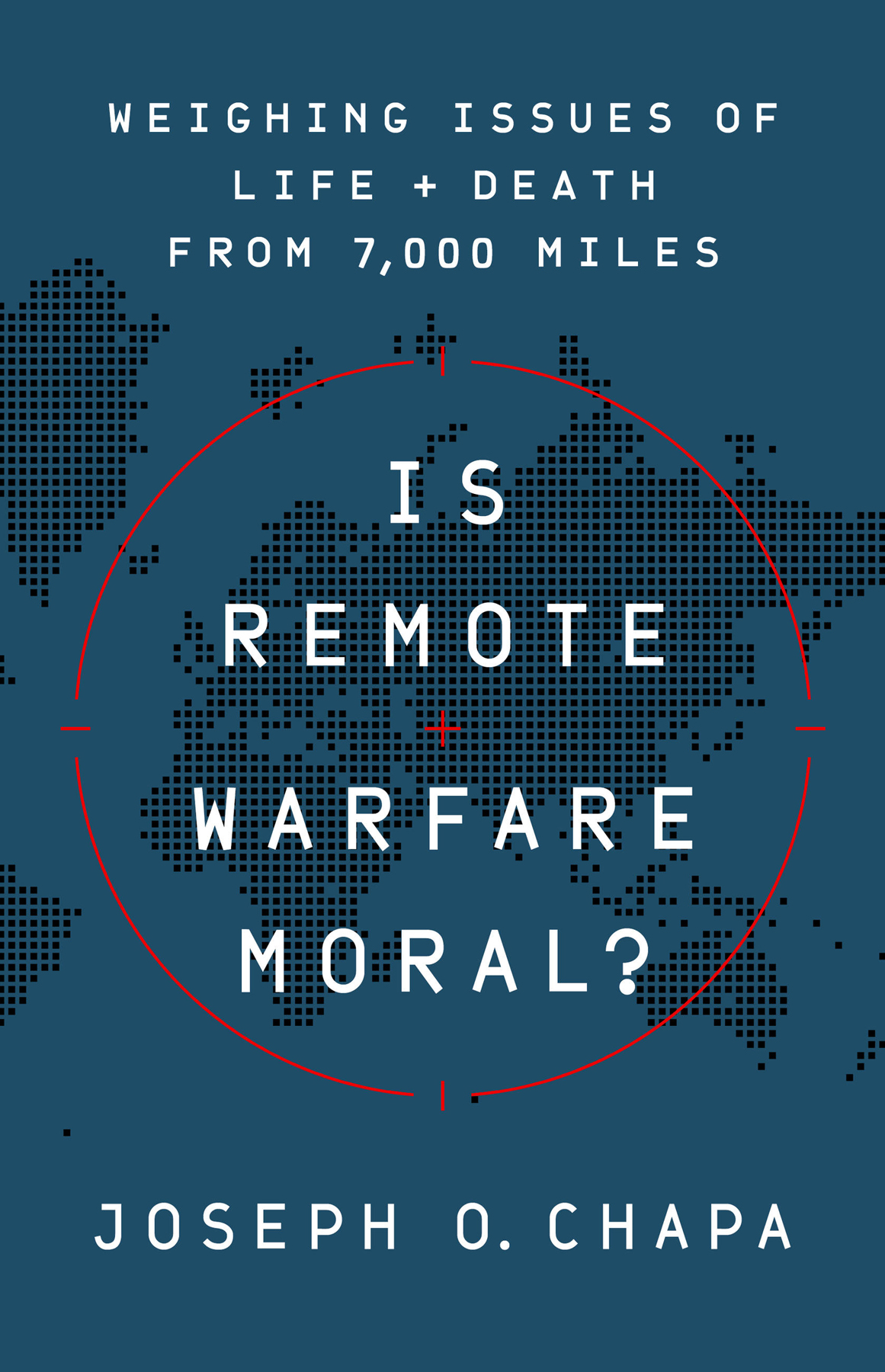Brilliantly thought-provoking. Joe Chapas personal experience employing unmanned aerial vehicles in support of combat operations, and his carefully researched and considered analysis, have produced the most important consideration of this aspect of current and future warfare yet written. As with nuclear weapons and chemical warfare, there are no definitive answers, just agonizing judgments that will be hellishly difficult in the moment of existential conflict. A must-read to understand warfare of the future.
General (Ret.) Stanley McChrystal
Joseph Chapas book is a profound meditation on the ethical dimensions of remote warfare, informed by philosophy, psychology, and his own experience as a remotely-piloted aircraft operator. It unflinchingly engages with issues of life, death, and military honor with uncommon care, candor, and insight.
Milton Regan Jr., McDevitt Professor of Jurisprudence and codirector, Center on National Security and the Law, Georgetown University
An incredibly valuable addition to the debate over perhaps the most important new question of life and death in modern war. Chapa brings in much-needed personal and professional experience to weigh the morality of drones and remote killing.
P.W. Singer, author of Ghost Fleet and Wired for War
Chapas examination of the profound tension between remote warfare and close combat make Is Remote Warfare Moral? a book that truly matters for military professionals and the societies they serve. Is remote warfare virtuous, and is the ability to surveil and engage targets remotely legitimate? These are the questions addressed in this important book.
Norton A. Schwartz, president, Institute for Defense Analyses, and former chief of staff, US Air Force
Superb! Joe Chapa has given us timely, thoughtful, and highly relevant considerations on the morality and ethics of drone warfare. This book from the talented mind and pen of a military practitioner and Oxford-trained ethicist finally gives the topic of remote war ethics the clarity, gravity, and humanity it deserves while providing refreshing readability and policy utility. Chapas conclusion that human strength of character still provides the best bulwark against the worst impulses being made possible in war today is an important pillar against which all must stand. A thoughtful and provocative book!
Major General (Ret.) William E. Rapp
A book phenomenal in both approach and execution. As technological advances in warfare develop at blinding speed, it is imperative that our military, elected officials, and society clearly understand how they impact standards of morality in warfare. One of the greatest thinkers of our generationwith training and experience in moral philosophy and remote weaponsprovides the clarity and insight we need as technology continues to evolve the character of modern warfare.
Joseph Campo, PhD
Inside the US Air Force, Lt. Col. Joe Chapa has emerged as a guiding voice at the intersection of ethics and lethal technologies. With Is Remote Warfare Moral? , leaders outside our institution will benefit from his unique perspective combining operational experience with academic training and deep reflection. Its a rare combination that produces a compelling read. Hopefully the first of many!
Lieutenant General Clint Hinote, US Air Force
Copyright 2022 by Joseph O. Chapa
Cover design by Pete Garceau
Cover images iStock/Getty Images
Cover copyright 2022 Hachette Book Group, Inc.
Hachette Book Group supports the right to free expression and the value of copyright. The purpose of copyright is to encourage writers and artists to produce the creative works that enrich our culture.
The scanning, uploading, and distribution of this book without permission is a theft of the authors intellectual property. If you would like permission to use material from the book (other than for review purposes), please contact permissions@hbgusa.com. Thank you for your support of the authors rights.
PublicAffairs
Hachette Book Group
1290 Avenue of the Americas, New York, NY 10104
www.publicaffairsbooks.com
@Public_Affairs
First Edition: July 2022
Published by PublicAffairs, an imprint of Perseus Books, LLC, a subsidiary of Hachette Book Group, Inc. The PublicAffairs name and logo is a trademark of the Hachette Book Group.
The Hachette Speakers Bureau provides a wide range of authors for speaking events. To find out more, go to www.hachettespeakersbureau.com or call (866) 376-6591.
The publisher is not responsible for websites (or their content) that are not owned by the publisher.
Library of Congress Cataloging-in-Publication Data
Names: Chapa, Joseph O., author.
Title: Is remote warfare moral? : weighing issues of life and death from 7,000 miles / Joseph O. Chapa.
Description: New York City : PublicAffairs, [2022] | Includes bibliographical references and index.
Identifiers: LCCN 2021059957 | ISBN 9781541774452 (hardcover) | ISBN 9781541774469 (epub)
Subjects: LCSH: Drone warfareMoral and ethical aspectsUnited States. | Targeted killingMoral and ethical aspectsUnited States. | Drone warfareGovernment policyUnited States. | TerrorismPreventionGovernment policyUnited States.
Classification: LCC UG1242.D7 C445 2022 | DDC 623.74/69dc23/eng/20220121
LC record available at https://lccn.loc.gov/2021059957
ISBNs: 9781541774452 (hardcover); 9781541774469 (ebook)
E3-20220517-JV-NF-ORI
This book is dedicated to the
Airmen flying the line.
The views expressed in this book are my own and do not necessarily reflect the official policy or position of the Department of Defense or the US government.
E ARLY IN 2013 , I WAS CALLED IN AS THE SAFETY OBSERVER ON A Predator strike against a senior al Qaeda commander in Afghanistan. The Predator remotely piloted aircraft circled thousands of feet above the rugged Afghan terrain while its pilot, its crew, and I remained seven thousand miles to the west in the continental United States. The pilot, Dave Brown, was a newly minted lieutenant with only about a month of Predator experience under his belt. I was older, a captain, and an instructor pilot in the aircraft. One significant benefit of taking the cockpit out of the airplane and putting it on the ground is that we can add some experience or an extra set of eyes to a mission without having to land the airplane to change out the crews. My job as safety observer was to watch and listen, to be prepared to offer help and support if the crew needed it, and otherwise to keep my mouth shut.
The special operations team on the ground wanted Dave and his crew to strike the al Qaeda commander under his crosshairs with a Hellfire missile. This enemy commandera high-value individual for whom the team and numerous Predator crews had been searching for weekswas finally out in the open. Dave watched the screen and keyed the mic. Standby. Standby, he said. There are kids in the field of view. Confirm you copy kids? Dave continued to watch as the targets children fluttered around him on the silent video monitor.
The radio was quiet for a few moments while the attack controller conferred with the ground force commander. The question the ground team was discussing was one of proportionality. The proportionality requirement in just war theory permits foreseeably killing noncombatants as a side effect only if the moral good to be achieved by killing them significantly outweighs the moral costs. Was this al Qaeda commander of sufficient military value that the good to be achieved could justify foreseeably killing two children? He was out in the open. Dave, the special operations team, and I all knew that if the crew did not strike him today, they might never get another chance. Eventually, the controller on the ground responded. I copy kids. I see the kids. But when I tell you to shoot, youre gonna shoot.


